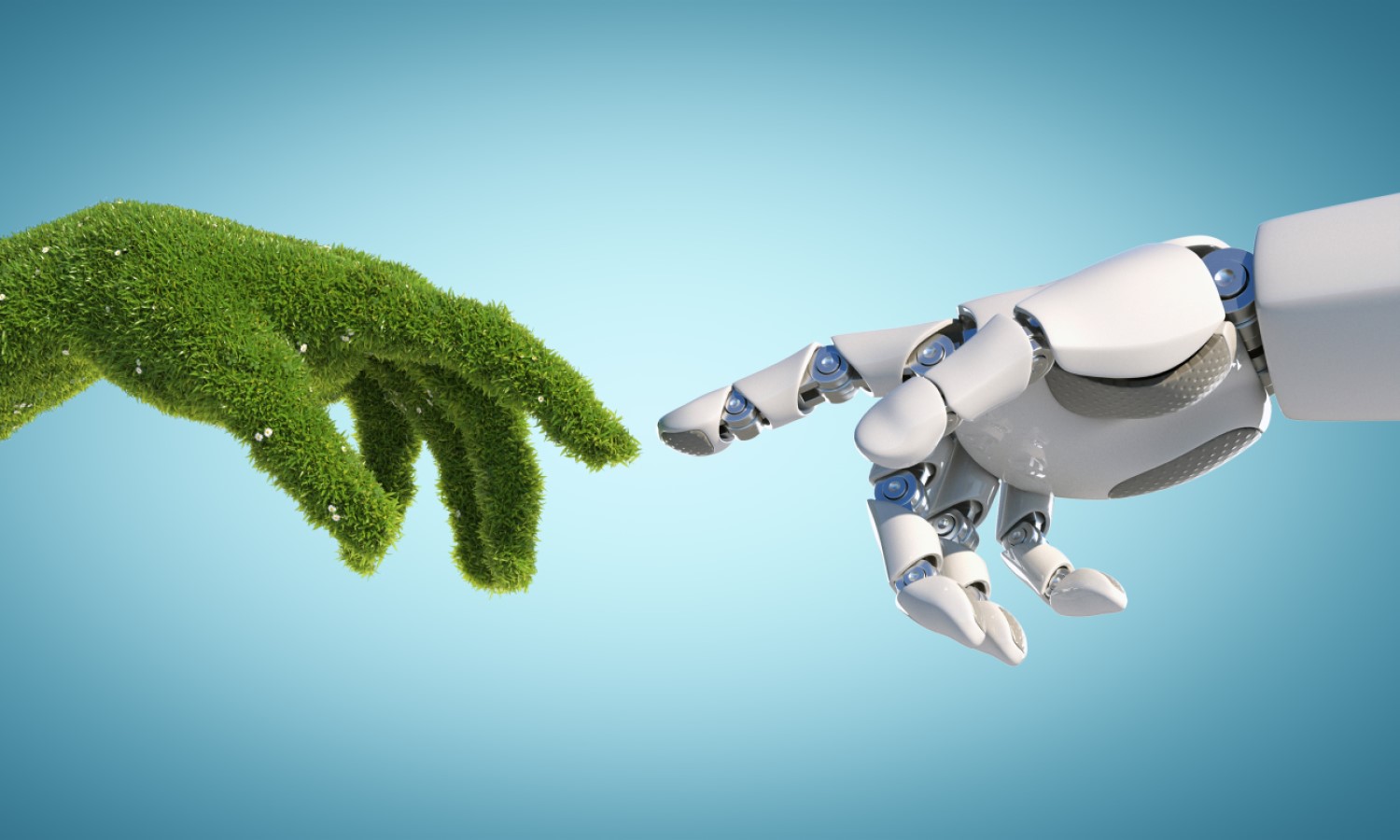
Scientists create biological ‘artificial intelligence’ system
On Jul. 7, 2025, Australian scientists, including at the Charles Perkins Centre, University of Sydney, have successfully developed a research system that uses ‘biological artificial intelligence’ to design and evolve molecules with new or improved functions directly in mammal cells. The researchers said this system provides a powerful new tool that will help scientists develop more specific and effective research tools or gene therapies.
Named PROTEUS (PROTein Evolution Using Selection) the system harnesses ‘directed evolution’, a lab technique that mimics the natural power of evolution. However, rather than taking years or decades, this method accelerates cycles of evolution and natural selection, allowing them to create molecules with new functions in weeks.
This could have a direct impact on finding new, more effective medicines. For example, this system can be applied to improve gene editing technology like CRISPR to improve its effectiveness.
“This means PROTEUS can be used to generate new molecules that are highly tuned to function in our bodies, and we can use it to make new medicine that would be otherwise difficult or impossible to make with current technologies.” says co-senior author Professor Greg Neely, Head of the Dr. John and Anne Chong Lab for Functional Genomics at the University of Sydney.
“What is new about our work is that directed evolution primarily work in bacterial cells, whereas PROTEUS can evolve molecules in mammal cells.”
PROTEUS can be given a problem with uncertain solution like when a user feeds in prompts for an artificial intelligence platform. For example the problem can be how to efficiently turn off a human disease gene inside our body.
The findings were reported in Nature Communications, with the research performed at the Charles Perkins Centre, the University of Sydney with collaborators from the Centenary Institute.
Tags:
Source: University of Sydney
Credit:
